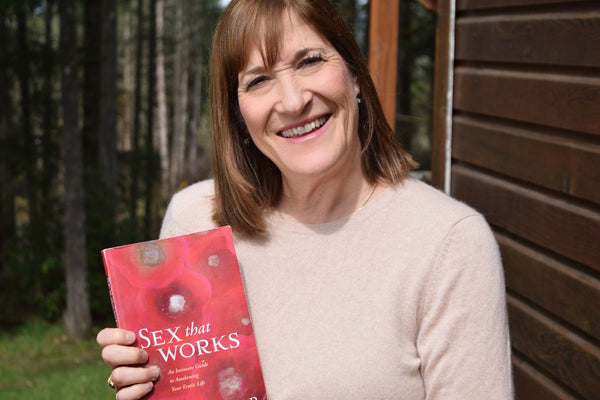The V-Word
Let's Talk About Your Vaginal Wellness Journey

Discover True Pleasure in Relationships Today

How to Get Turned On: Easy Ways to Become Aroused
The arousal response is your body’s natural mechanism for accessing pleasure. Although often confused with the genital swelling that accompanies our arousal response, the ignition for our arousal lives in the sexiest organ of our body—our brain. Specifically, in the limbic area of the brain, which processes memory and emotion and is conveniently co-located with our olfactory bulb, our sense of smell invigorates our emotional process, our access to memories, and our feeling of being turned on. Truly, your orgasmic potential begins with your ability to cultivate your arousal mechanism.
The ability to orgasm remains one of the most coveted and yet misunderstood human experiences. We often believe it is solely a genital experience, but our ability to climax reverberates throughout the body and initiates deep in the brain. Below is an easy-to-use guide that, with a unique blend of practice and letting go, will help move you from arousal to orgasm.

How To Tell Someone You Appreciate Them

An Intro to Gender Pronouns: How to Recognize and Respect Someone’s Identity
Our cultural conceptualization of gender as a society is changing. Most of us are aware of the rise in the use of gender-neutral pronouns, as the cultural visibility of others who do not feel identified within the gender binary has increased in recent years. About one in five Americans personally know someone who prefers a pronoun other than ‘he’ or ‘she’. Many of us may not understand what preferred gender pronouns are and why they are crucial to many.

Birth Control: An Equal Responsibility

Healthy Reasons to Make More Love

Thought About Dating a Friend? Take a Chance on Love

Friendship: Vital for Our Whole-Being

